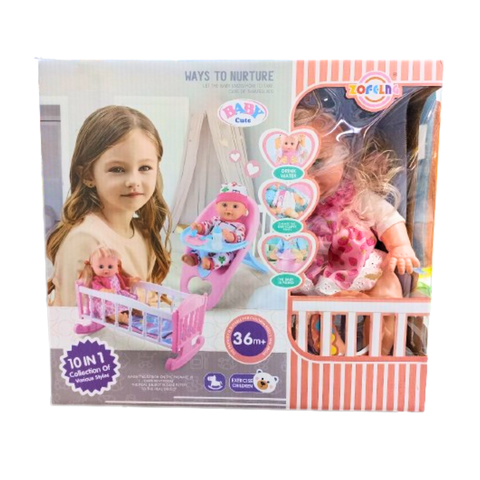
Nurturing Emotional Intelligence in Children: A Parent’s Guide
In today’s world, emotional intelligence (EI) is just as important as academic success for children’s overall well-being and future achievements. As parents, you have a unique opportunity to shape your child’s emotional development. By focusing on a few key practices, you can help your child build essential emotional skills that will serve them throughout their lives:

1. Model Emotional Awareness
Children learn about emotions primarily through observing their parents. By openly discussing your own feelings and demonstrating how you handle them, you help normalize emotional expression and teach your child that emotions are a natural part of life. For example, share how you feel when you’re stressed or excited and explain how you cope with those emotions.

2. Teach Emotion Recognition
Help your child identify and articulate their emotions by discussing how they feel in various situations. Use simple language and visual aids, such as emotion charts or feeling flashcards, to make it easier for them to understand and express their feelings. Regularly asking them about their feelings, such as during family conversations or while reading stories, can reinforce their ability to recognize and label their emotions.

3. Foster Empathy
Empathy is a crucial component of emotional intelligence. Encourage your child to consider the feelings of others by discussing different perspectives and emotions. Role-playing scenarios or talking about characters’ feelings in books or movies can be effective ways to develop empathy. For instance, ask them how they think a friend might feel in a particular situation and discuss how they might respond compassionately.

4. Support Emotion Regulation
Teach your child practical strategies for managing their emotions, especially when they experience frustration or anger. Techniques such as deep breathing, counting to ten, or taking a short break can be useful. Practice these strategies together to help them become more comfortable and effective in using them during emotional moments. Regular practice helps them learn to regulate their emotions and respond calmly to challenging situations.

5. Promote Effective Communication
Encourage your child to express their feelings clearly and respectfully. Model good communication by actively listening to them and responding empathetically. Teach them to use “I” statements to express their feelings, such as “I feel upset when...” This approach helps them articulate their emotions without blame and fosters healthy interactions with others.
Nurturing emotional intelligence in your child doesn’t require complex strategies—just a few thoughtful approaches can make a significant difference. By modeling emotional awareness, teaching emotion recognition, fostering empathy, supporting emotion regulation, and promoting effective communication, you lay the groundwork for your child’s emotional and social success. Your guidance and support are vital in helping them grow into emotionally intelligent and resilient individuals.
Related products


Doll Stroller


Medical Toys Doll(3+)


10 In 1 Baby Life Like Doll


Baby Life Family Series Doll


Princess Doll Fashion II














